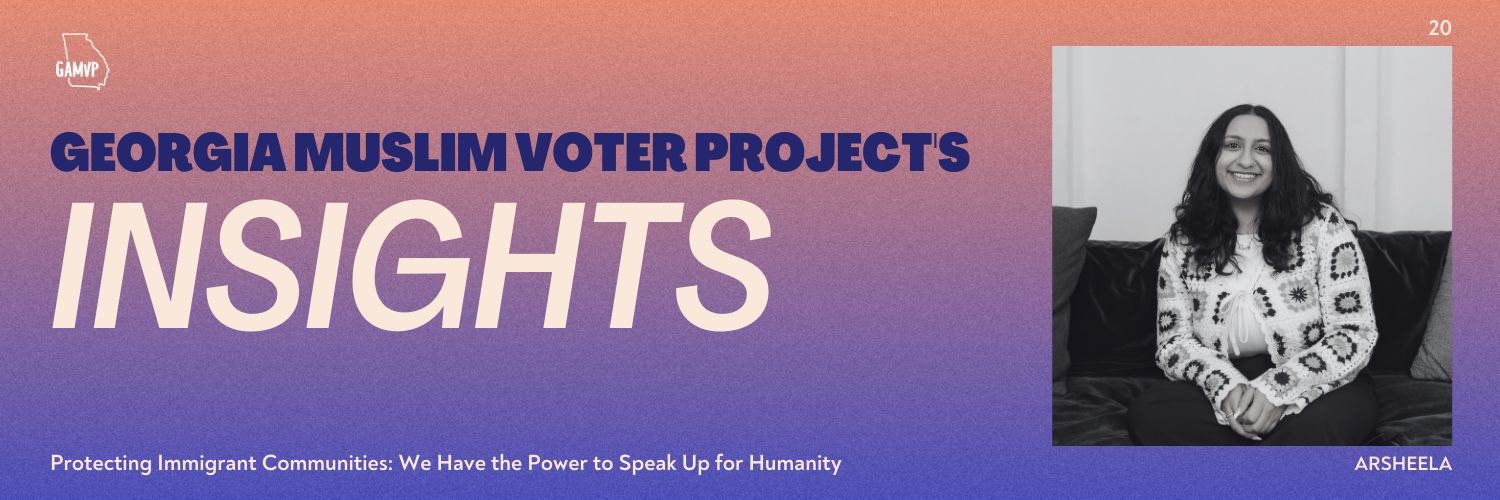
Immigration is a defining quality of the United States, where people from around the world come together and create a new culture. The current political climate is incredibly polarizing and does not reflect the diverse perspectives of immigrant communities. The ongoing discourse over immigration policy, citizenship pathways, and the validity of residency overshadows the stories that belong to immigrants and their communities.
Like many second-generation Americans, my story starts with immigration. My parents immigrated to America so that I could grow up with access to better education and opportunities. Their decision was difficult and life-altering; they left behind their families, culture, and memories to build a life in the U.S. for me.
While immigration is a human rights issue, it is being positioned as a political issue as time goes on. One of the most significant shifts is the increasing surveillance of immigrant communities, particularly with agencies like the U.S. Immigration and Customs Enforcement (ICE). From workplace raids to facial recognition, these tactics ignite fear and uncertainty, even for those who have lived here for years and assimilated here. In cities like Doraville and Chamblee, these scare tactics interrupt day-to-day operations for small businesses, school children, and their parents, causing fear and uncertainty. Community events that once brought people together now carry an underlying tension, as neighbors quietly wonder who might be scrutinized next. The politicization of immigration tears communities apart and actively undermines the solidarity that people from varying backgrounds cultivated through connection and hard work.
For my family, these issues are not abstract. Everyday tasks like driving at night, going to Friday prayer, and even getting groceries were laced with fear. My loved ones were afraid that their existence would lead to them being stopped and questioned. My parents worked tirelessly to assimilate and belong. My community, loved ones, and parents sacrificed their identities to become a part of American society, but their contributions are overlooked and replaced by the negative narratives about immigration. This reality does not have to be permanent. Change begins when we refuse to let fear silence us. We have the power to speak up for humanity. We can push for policies that protect immigrants’ rights. For me, understanding my parents' sacrifices and ensuring that others can have the same opportunities without fear.
Sincerely,
Arsheela

